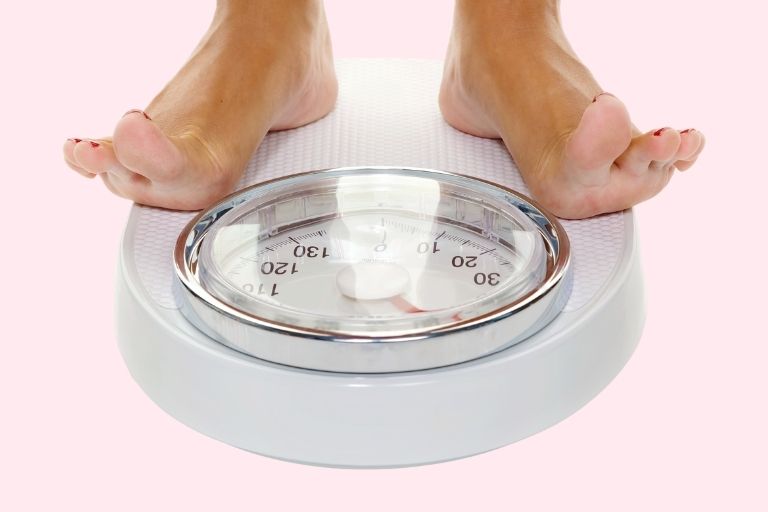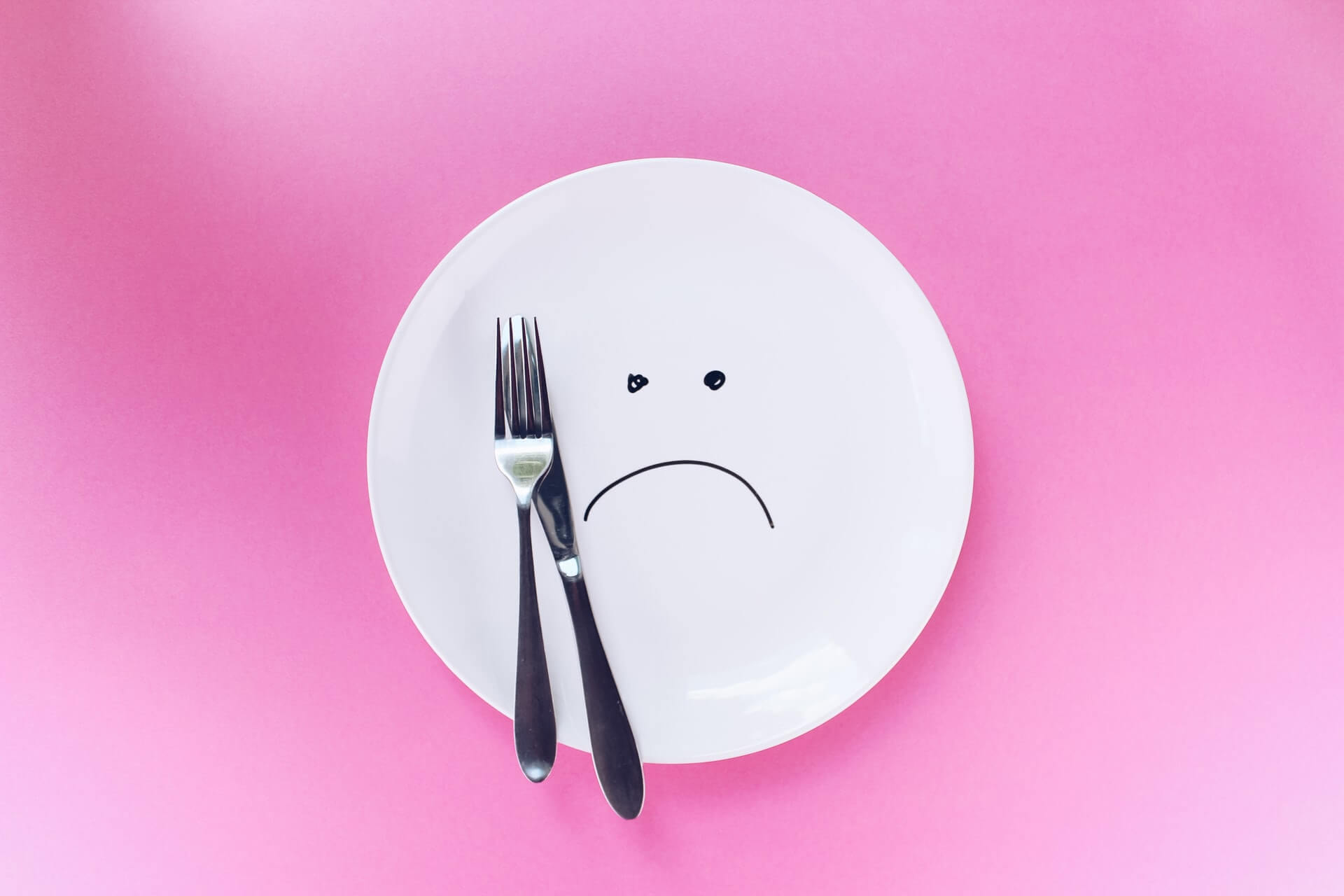As a male, you know how important testosterone is. This hormone plays a role in your physical features, sex drive, muscle mass, mood, and more. Being low on testosterone can affect these areas and decrease your quality of life.
Whether you suspect low testosterone, have it, or are curious about the condition, this article is for you. The good news is that testosterone can be increased naturally in many ways. One of these strategies is following a keto diet. Before we learn the connection between the keto diet and testosterone, let’s do a recap on the basics of testosterone.
What is Testosterone?
Testosterone is a key male hormone produced by the testes. Although testosterone is associated with men, women also produce it but only in smaller amounts. Testosterone levels rise during puberty (about 9 years of age) and peaks during a male’s late teenage years.
This important hormone has many effects on a man’s body (1):
- Responsible for male characteristics
- Growth of the penis and testes
- Deepening of the voice
- Facial, body, and pubic hair
- Increasing libido (sexual drive)
- Growth spurts in puberty
- Stimulates erythropoiesis (red blood cell production)
- Plays a role in aggression and dominance
- Helps to burn fat effectively
Unfortunately, testosterone levels decrease with increasing age — after 30 years old, about 1% per year. Some males, on the other hand, are born with hypogonadism (low testosterone) or develop it due to an infection, autoimmune disorder, or radiation exposure.
6 Factors Affecting Testosterone Levels
Nearly 40% of men aged 45 years or older visit primary care offices due to low testosterone (2). What things can reduce your testosterone levels aside from old age? They include the following:
1. Diet
A study showed that a high intake of sugar causes testosterone levels to drop by 25% (3). It is also suggested that obesity leads to an inverse relationship between testosterone and insulin. So, if a male has high insulin levels, his testosterone levels are likely to be low.
Foods that are high in sugar easily raise your blood glucose, which also raises your insulin. Examples are bread, pasta, baked goods, starchy vegetables, and anything that’s high in carbohydrates.
2. Medications
Prescription opioids have been shown to decrease testosterone. Furthermore, opioid users with testosterone deficiency have an increased risk of sexual dysfunction and osteoporosis (4). Selective serotonin reuptake inhibitors (SSRIs) which are antidepressants affect steroid hormone synthesis, resulting in decreased testosterone levels (5).
3. Alcohol consumption
Did you know that alcohol affects the hypothalamic-pituitary-gonadal (HPG) axis which regulates your reproductive system? Research shows that alcohol alters reproductive hormones, including testosterone (6). A study found that testosterone drops in as little as 30 minutes after alcohol ingestion (7).
4. Sleep
Sleep plays an important role in your health. One of the reasons why men need quality sleep is to maintain testosterone levels. During sleep, testosterone is released. A study showed that getting only 5 hours of sleep for one week decreased daytime testosterone levels by 10% to 15% (8).
5. Genetics
Klinefelter syndrome, a genetic condition, has been identified as one of the causes of low testosterone. Males born with this condition have one or more extra X chromosomes. They have smaller testicles and low or absent sperm count (9).
6. Injury
Since the testicles are not protected by any muscle or bone and are located outside the abdomen, they’re prone to injuries (10). Trauma can affect testosterone production. Activities that increase the risk of trauma include cycling, motorcycling, or any form of impact from a moving object.
Why Maintaining Normal Testosterone Levels Is Important
Now that you know some reasons why testosterone levels drop, let’s find out how low testosterone impacts your life. It causes health, self-esteem, and body image issues. These problems include:
- Osteoporosis
- Weight gain
- Reduced muscle mass
- Increased body fat
- Loss of body and facial hair
- Low sex drive
- Difficulty with erection
- Irritability
- Depression
- Low blood count
- Poor focus and memory
These negative effects clearly point out how important it is to maintain healthy levels of testosterone. If you suspect low testosterone, a visit to the doctor will help you get the right diagnosis. You may undergo a physical exam and take multiple blood tests.
How The Keto Diet Helps Boost Testosterone Levels
The ketogenic “keto” diet addresses many problems associated with low testosterone such as weight gain, increased body fat, and low sex drive.
For those who don’t know what this diet is: Keto is a low-carbohydrate, high-fat diet that depletes your glycogen stores and increases your body’s ketone production. It puts your body in a normal metabolic state of ketosis.
One possible reason behind the effect of testosterone on keto is its high-fat nature. Dietary fats do not just provide you with energy and help you feel satiated, but they’re also essential for hormone production. Your body uses cholesterol to make steroid hormones such as estrogens and androgens (including testosterone).
A study published in The Journal of Urology examined men ages 18-80 years old. Results showed that men who followed low-fat diets had lower serum testosterone levels (11).
Habito studied 15 healthy men who ate 4 different types of meals. Each meal had a different type of protein and type and quantity of fat. Those who ate low-fat lean meat or tofu had experienced a decrease in testosterone levels (12).
Examples of testosterone-boosting foods that are rich in healthy fats include egg yolks, tuna, shellfish, extra virgin olive oil, and avocados.
Other Keto Diet Benefits for Men
Surprisingly, the keto diet helps you in many other ways. Aside from supporting hormonal balance, it can lead to:
- Weight loss
- Clearer skin
- More lean muscle mass
- Increased energy
- Improved brain health
- Lower risk of heart disease
- Better focus
If you are new to the keto diet, you might be wondering which foods you can eat depending on your personal preferences. We prepared this guide to help you with your meal planning. In addition, be careful to avoid these common mistakes so you can get the best possible results on keto.
Final Thoughts
If you got a diagnosis of low testosterone, the keto diet can help — thanks to healthy fats. Make sure to limit your carbs to 20-50 grams a day to induce ketosis. This will help you with your hormones and other aspects of your health and well-being.
Of course, keto isn’t the only way to increase testosterone. There are many others as well. But if you’re looking for a natural and sustainable lifestyle change, keto is worth a try.
Also, seek the opinion of your doctor or a trained health professional when considering the diet for the first time. You might have a medical condition for which the keto diet is contraindicated. We hope this article on the ketogenic diet and testosterone helped!
References:
- Nassar G, Leslie S. Physiology, Testosterone. 2022 January 24
- Mulligan T, Frick M, Zuraw Q et al. Prevalence of hypogonadism in males aged at least 45 years: the HIM study. 2006 July 01
- Diabetes.co.uk. Men experience an abrupt decrease in testosterone levels after sugar intake, study finds. 2016 September 19
- Jasuja G, Ameli O, Reisman J et al. Health Outcomes Among Long-term Opioid Users With Testosterone Prescription in the Veterans Health Administration. 2019 December 11
- Hansen C, Larsen L, Sørensen A et al. The six most widely used selective serotonin reuptake inhibitors decrease androgens and increase estrogens in the H295R cell line. 2017 June
- Emanuele M, Emanuele N. Alcohol and the Male Reproductive System
- Duca Y, Aversa A, Condorelli R et al. Substance Abuse and Male Hypogonadism. 2019 May
- Leproult R, Van Cauter E. Effect of 1 Week of Sleep Restriction on Testosterone Levels in Young Healthy MenFREE. 2015 May 27
- Cleveland Clinic. Low Testosterone (Male Hypogonadism). 2022 September 02
- Kumar P, Kumar N, Thakur D et al. Male hypogonadism: Symptoms and treatment. 2010 July-September
- Fantus R, Halpern J, Chang C et al. The Association between Popular Diets and Serum Testosterone among Men in the United States. 2020 February 01
- Barclay L. What You Eat Can Affect Sex Hormones



